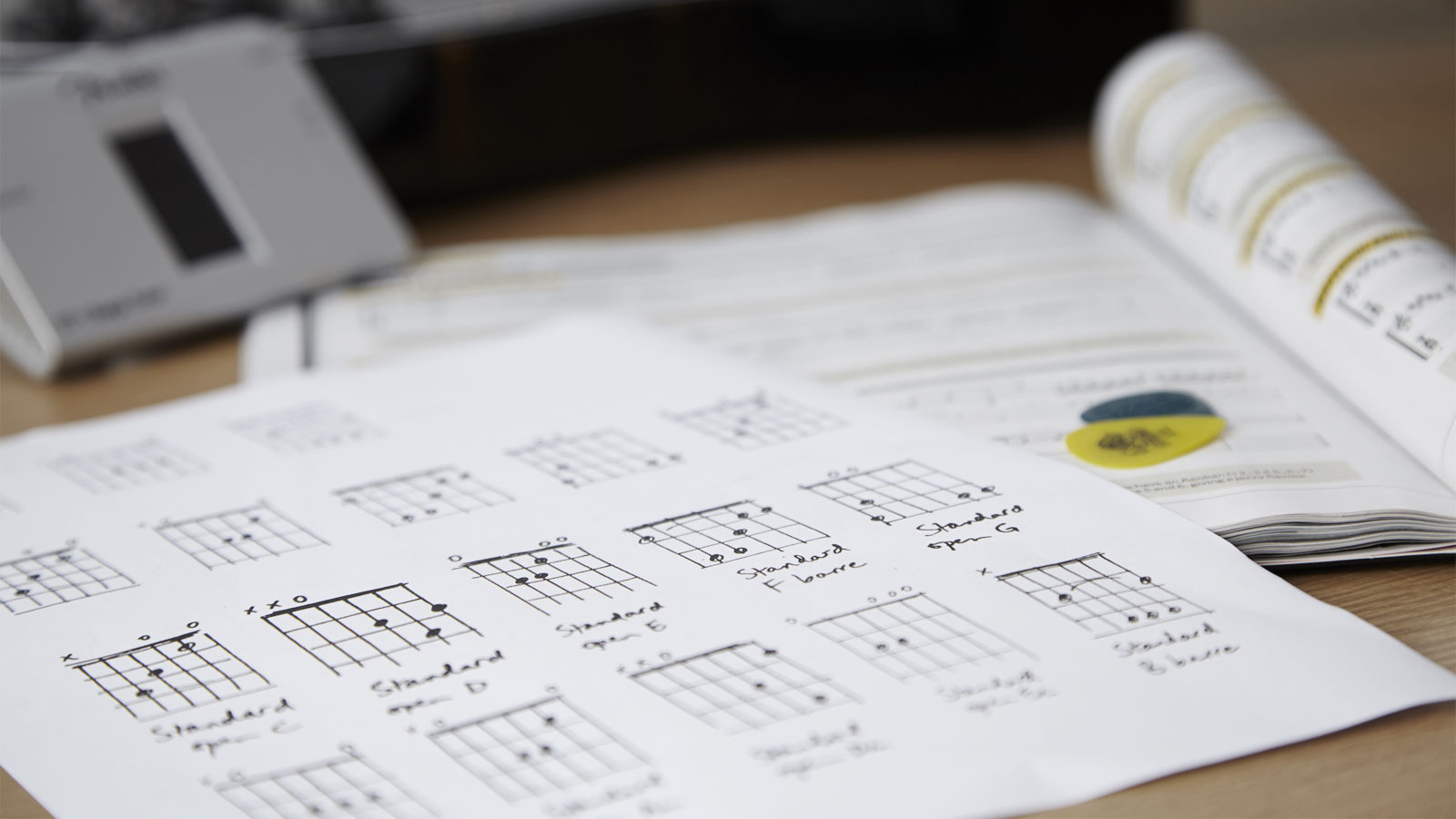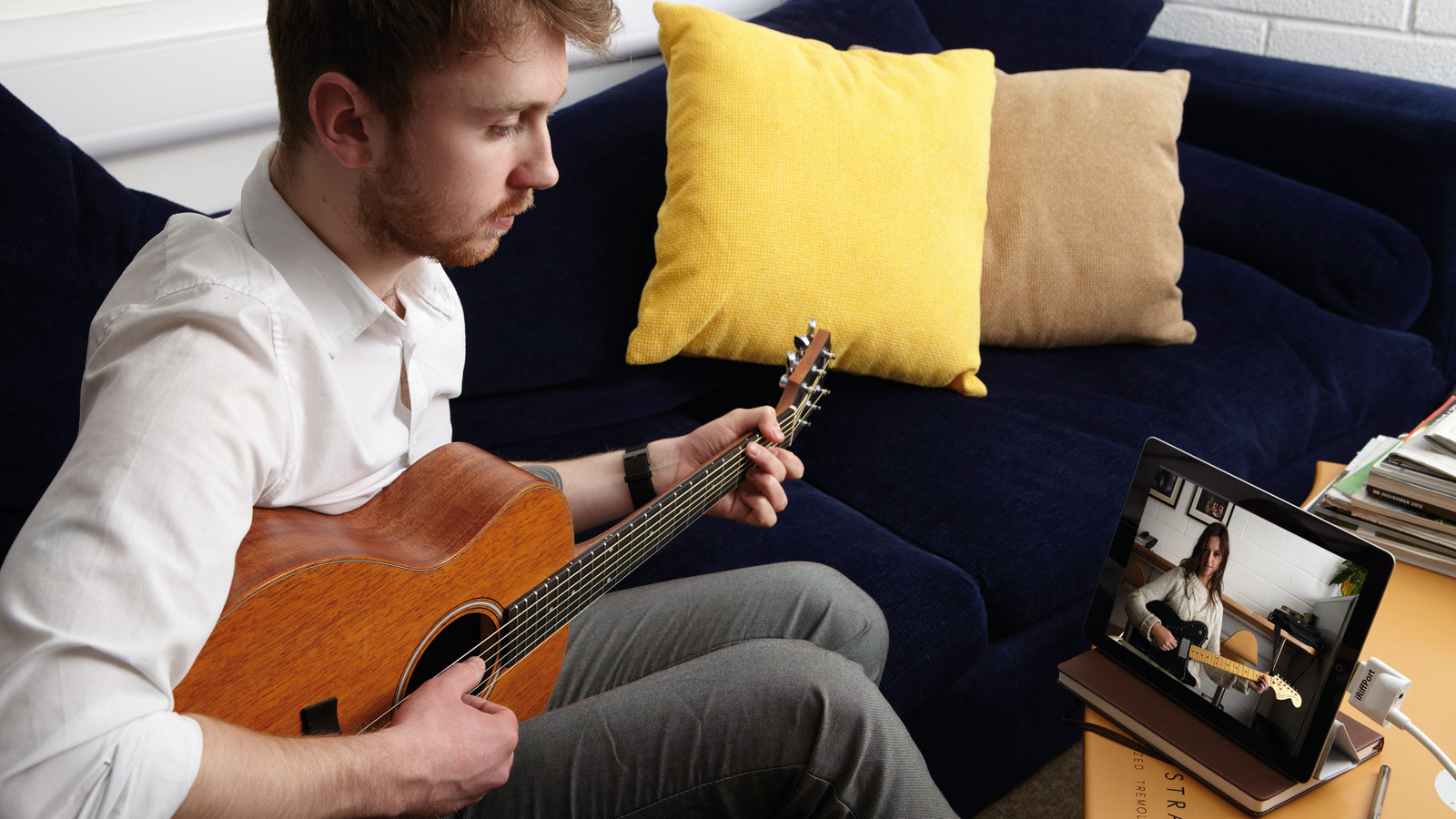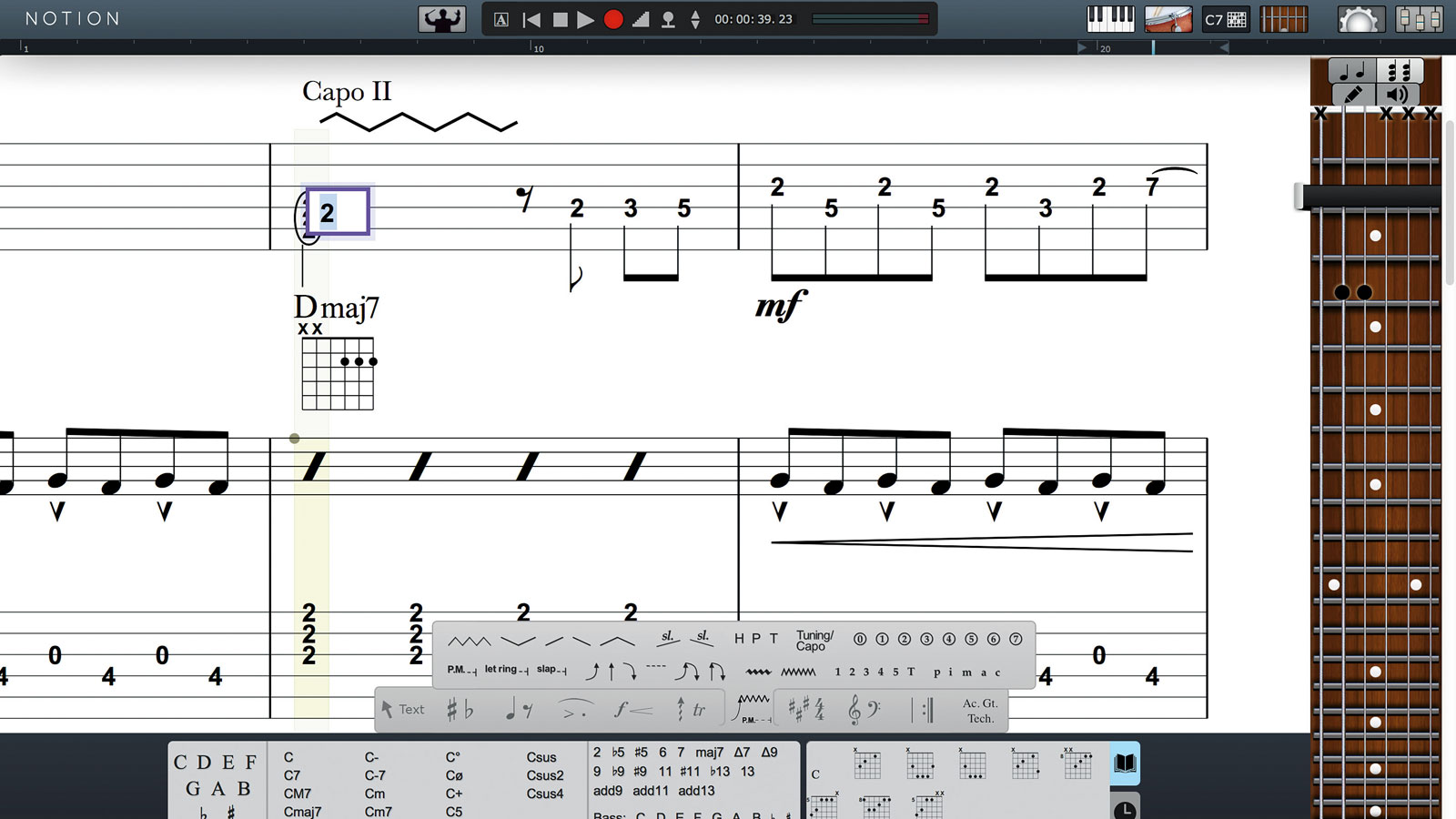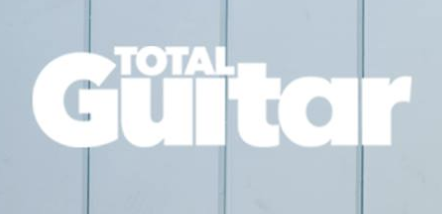How to become a guitar teacher: in-depth advice and 7 top tips
Earn some cash by passing on your skills to others

Want all the hottest music and gear news, reviews, deals, features and more, direct to your inbox? Sign up here.
You are now subscribed
Your newsletter sign-up was successful
Can you play to a decent standard? Well, inside your brain is a wealth of knowledge you can exchange for cold, hard cash.
People want to learn, and if you've already put in a few years of hard graft, you're probably at the level where you can show them how! Two years ago, BIMM graduate Richard Hillyer gave up his day job and started Mobile Guitar Tuition. If you fancy getting into teaching, here's his advice on getting started...
How did you get started teaching?
"It's only recently, in the last two years, that I've turned professional. I did have a job before. I used to work at Sainsbury's. It just wasn't for me. I did it for a very long time. I did it about six years.
"I went to BIMM in Bristol and I did a course on professional musicianship. As part of my course I had to look at maybe setting up a business and that sort of thing. I branched out from there. I started thinking about setting up the business properly, taking on more than one client, properly advertising, getting a website together, and all of the online stuff.
"As part of BIMM, I had to do a market analysis and see who was out there, what they were charging, and competition in my area as well to see who I would be up against. So that's what I did. That's how it came about. I took on one student. Then they told a few friends and all that sort of thing. It was word of mouth. Then I got another couple of students. It just built up over time, really."
Did you have to invest in any equipment before you got started, or did you already have the tools you needed?
Want all the hottest music and gear news, reviews, deals, features and more, direct to your inbox? Sign up here.
"The main thing I had to invest in was a decent, reliable car that was going to get me around from A to B"
"The massive thing I had to buy was a car to get around. That was the main thing I had to invest in, a decent, reliable, car that was going to get me around from A to B, without any problems.
"I had most of the equipment I needed, but I did buy a Taylor GS Mini just because I wanted something I could travel round with. I also bought an iPad for my teaching materials, so I could have Spotify on my iPad. I use Spotify for all the songs that we're learning, which means we can refer to it quite quickly."
How about teaching grades, do you do that?
"Yes I do. I teach grades. I teach the Rockschool and the RGT Grades. I teach Electric and Acoustic Grades. Yes it's pretty popular. It's especially popular with children, because they like to have an achievement. They love getting certificates. They love all that sort of stuff because they can put it up in their room. It's really nice for them to get a sense of achievement."

Students and teachers are increasingly using services like Skype to conduct remote lessons
Where do most of your lessons take place?
"It's mobile guitar lessons, so I travel to most of my students. I think it's quite a popular service because parents don't have to stress about getting to you, and travelling across town and things like that. I charge a small little fee for covering petrol and other things.
"Then I'd say that probably about 10 to 15 per cent of my business is Skype lessons. Skype is obviously more convenient for me. I can do it from anywhere where I've got my computer."
How have you gone about building up the Skype tuition side of the business?
"I've got a website. So it's advertising and pushing that. That's what I'm doing now as well, offering both services just to give people options. I teach somebody who's got a disability, so he can't get out and about. He doesn't like people coming to his house because he gets very nervous, so he prefers to use Skype. He's more relaxed and it works for him."
"I've got my MacBook Pro and it has a decent HD web camera built in to it. I literally just use that for the Skype lessons"
How do the Skype guitar lessons work from a technical point of view?
"I use a very simple set-up. I think that's the best way to go instead of having a really complicated set-up. I've got my MacBook Pro and it has a decent HD web camera built in to it. I literally just use that for the video. The same on the other end, the other person has a webcam and they do exactly the same thing."
What about audio, do you just play live in your room or is there a DI'ing sort of scenario?
"No, I play live in the room [using the onboard microphone] and it usually works out pretty well."
Do you run into any technical problems when you're teaching this way?
"You can't play at the same time [as each other]. You have to play and show them and then stop and let them play back. When I first did it, it was quite strange and you're playing over each other, but I've got used to it now. I know that you've got to stop and let them do it. I also send them backing tracks for them to practise with."
How useful is word of mouth for finding students?
"It's very important to have a good rapport with your students, and with their parents - if they put in a good word for you to anyone else they know. They're always in with all the schools and things like that so it's always really good, but I think word of mouth is pretty important."
How important is your online presence?
"You have to have a good website. Obviously, a recognisable website so people can see if you're a brand. Facebook is pretty important as well, everyone's on Facebook aren't they? I've used Facebook Ads a few times."
What about flyers?
"I've done flyers. I had professional flyers printed and I went round music shops and put them out in there. I've also got them up in shops in the local area."
Is there a lot of 'business' stuff to take care of, too?
"I knew it was a big part of it. I knew you had to have a business head and be switched on and do your tax returns and things like that, but I didn't realise how on it you have to be with all your accounts. It changed my mindset completely. I had to keep all my receipts. Before, I used to probably just put them somewhere or bin them.
"Obviously, I keep all my petrol receipts, to claim back; any purchases I buy for equipment or anything like that to claim back at the end of the year. I have to keep all that all up together, so it was a bit of a learning curve to be honest, but I've got used to it now. I keep a spreadsheet myself on my computer. So every day I'll sit down on an evening and I'll update it. As long as I do it every evening I know I'm on top of it!"

Don't give your students hand-drawn chord diagrams, use a program such as Notion
7 tips for budding guitar teachers
Even if you're not thinking of getting into teaching as a full-time profession, it's important to go about it in the right way. Here are some key points to consider when getting set up
1. Don't limit yourself
If you can competently play and understand more than one style of music, then don't stick to teaching one style.
"I teach all sorts of styles to be honest, blues, rock, pop, funk. I can see the benefits of being a specialist and teaching one sort of niche, but it opens you up to more business if you can teach more styles."
2. Listen to what the student wants to learn
Don't push your students to learn things they don't want to.
"Some students are not interested in doing grades at all, and want to learn for fun, but I think it's a good option to have and suggest to them if they're not sure where they want to go."
3. No studio? Work around it!
Not everyone has a dedicated studio space to teach in, but as Rich has proved, there are other ways.
"I still live at [my parents' house]. That's one of the reasons why I went mobile from the beginning, because it was a bit like a train station. There'd be someone coming in, someone coming out. With it being my parents' house, it didn't really work too well. Luckily, I do my Skype lessons in the day, so my parents are at work. It works quite well."
4. Think about presentation
Ditch the dog-eared pad and scratchy handwriting! Your students will thank you for it and you can build up a library of lessons to re-use.
"I use something called Neck Diagrams. It's great for drawing out chord diagrams or scale diagrams. Then I can copy the diagrams into Word and make a really nice document to give to students. Also, Guitar Pro, I use that for printing out tablature."
5. Social media is your friend
When it comes to teaching, word of mouth has become word of Facebook. Keeping a decent profile page can give potential students a place to find out about your services.
"I've been trying to get on there every day and post something, even if it's just a video of one of my students playing, just to keep everyone interacting and keep your name on the scene. If you set up a Facebook page and don't update it, people start switching off, start leaving your page and not being interested in it."
6. It's not just about technique
There's more to learning guitar than the technical side of playing. Being able to advise on instruments, effects and even tuning is important, too.
"I think it's good if you can teach a student how to tune a guitar, or how to use certain effects to help get the sound they want to get. I think it is good to be able to setup the instrument as well, if you can teach them how to do that. They're all valuable skills that you need to learn.
"It's all stuff that I didn't learn with my teacher, unfortunately. I had to learn along the way."
7. The T-word
As with any money-making situation, it's important to know where you stand with tax.
"You need to do that, otherwise you can get yourself in a lot of trouble if you don't keep an eye on your accounts. I have an accountant as well. She just submits [my tax return] for me. I sit down with her and she reads it all over, checks everything's okay and all in order, then we submit it together."
Total Guitar is Europe's best-selling guitar magazine.
Every month we feature interviews with the biggest names and hottest new acts in guitar land, plus Guest Lessons from the stars.
Finally, our Rocked & Rated section is the place to go for reviews, round-ups and help setting up your guitars and gear.
Subscribe: http://bit.ly/totalguitar
